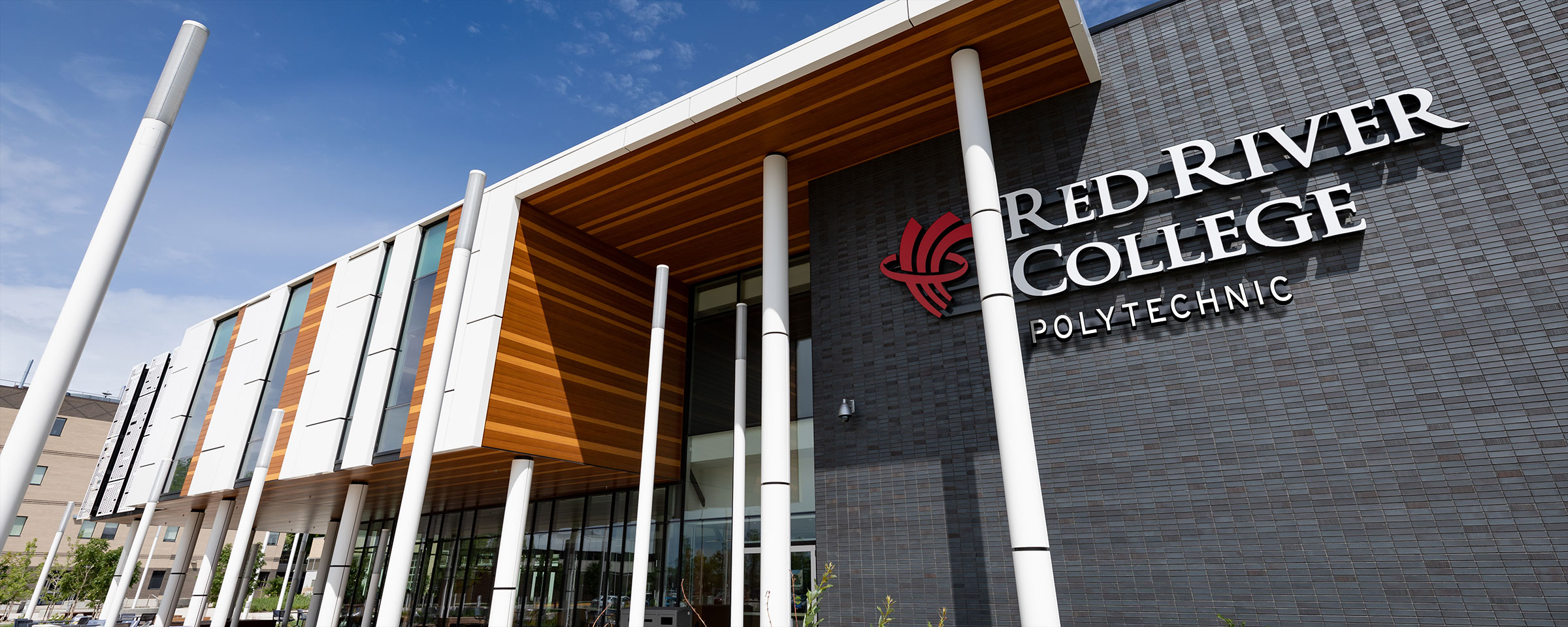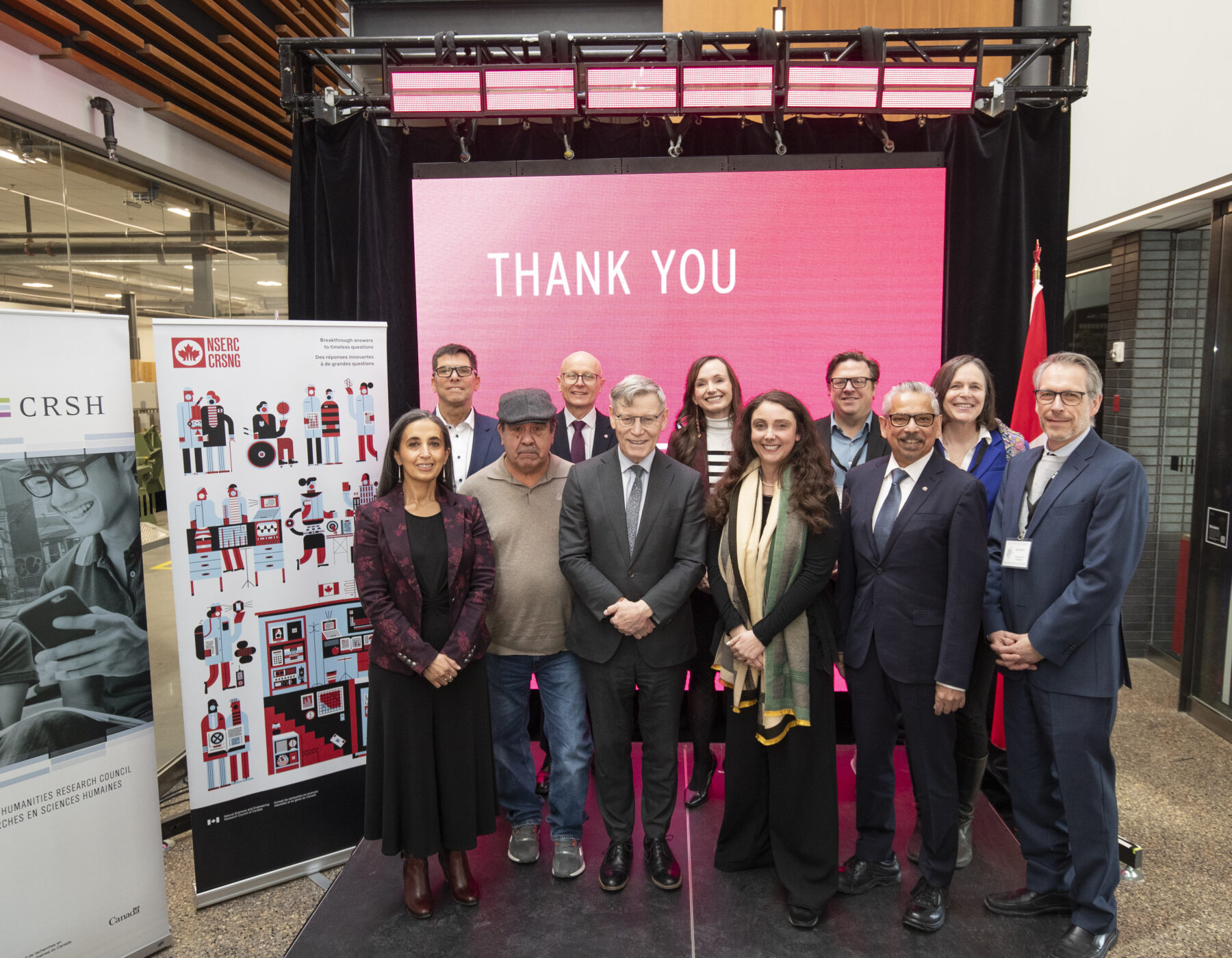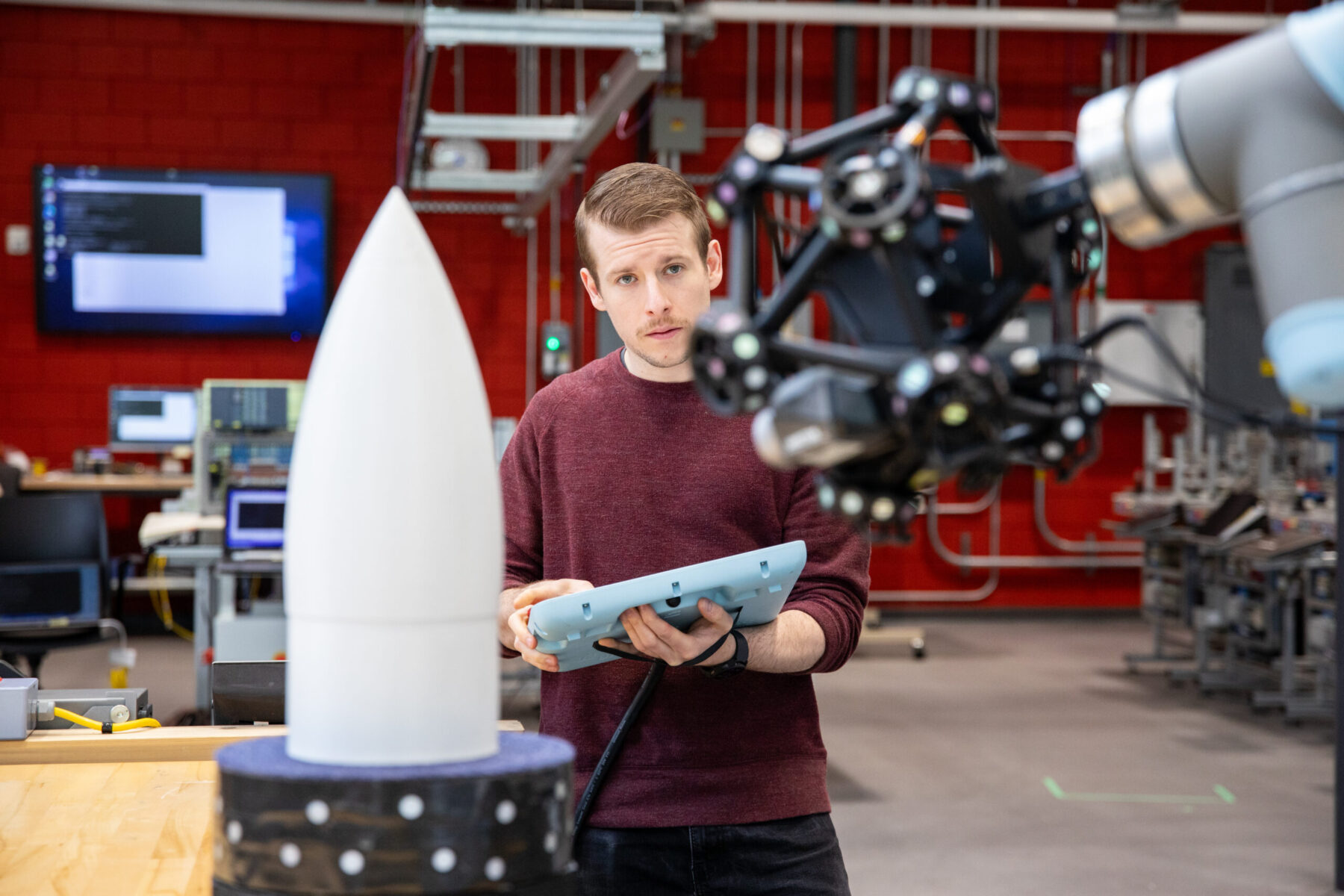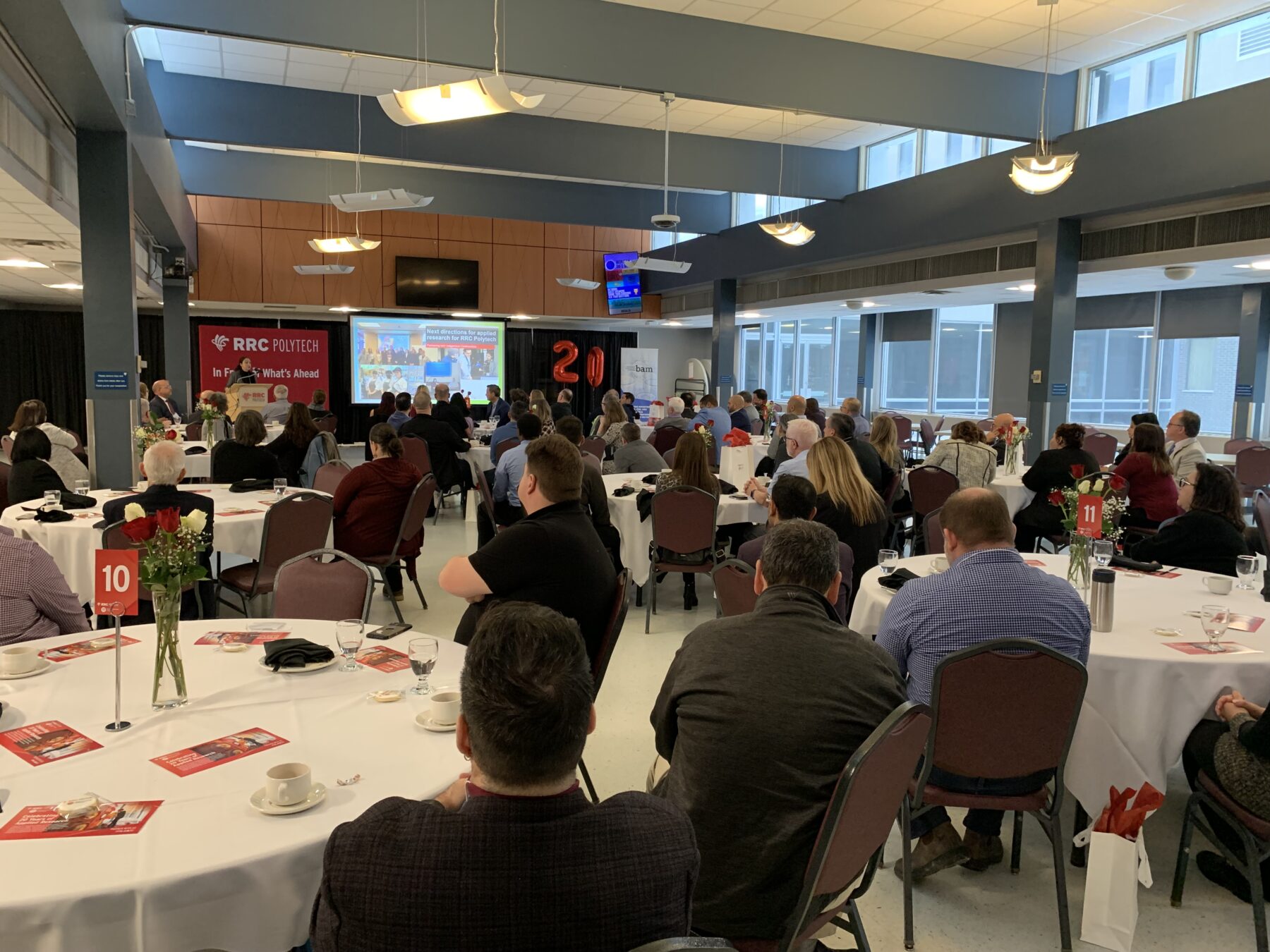RRC Polytech to add 74 new childcare spaces
Winnipeg, Manitoba on Treaty No. 1 Territory and the National Homeland of the Red River Métis – Red River College Polytechnic (RRC Polytech) will be able to more than double childcare spaces at the Notre Dame Campus daycare, thanks to funding from the federal and provincial governments announced yesterday.
Through the Canada-Manitoba Canada-Wide Early Learning and Child Care Agreement, the College’s will receive support to add 74 new childcare spaces to the R.R.C. Early Childhood Centre Inc.
“Childcare continues to be one of the barriers that prevent Manitobans from accessing post-secondary education and training. RRC Polytech is committed to creating more pathways to education and enhancing the student experience, and we’re thrilled to have the support of the federal and provincial governments to create these new spaces and help us achieve this,” said Fred Meier, President and CEO, RRC Polytech. “These new spaces represent an opportunity for potential learners who would otherwise be unable to attend full-time programs; and for staff and community members who have been unable to find convenient, quality childcare solutions.”
RRC Polytech’s Early Childhood Centre currently has 53 spaces, serving current students, staff and community members.
“R.R.C. Early Childhood Centre Inc. has been serving staff and students of RRC Polytech for the past 50 years. We are excited to see our program grow to serve more people within the RRC Polytech community,” said Samantha Henry, Executive Director for R.R.C Early Childhood Centre Inc. “We look forward to our continued partnership with RRC Polytech to ensure that we can continue to provide high quality child care and support families, as they pursue their post-secondary education and training or pursue their careers and grow their families.”
The expansion to RRC Polytech’s Early Childhood Centre was part of an announcement made by the Honourable Jenna Sudds, Minister of Children and Social Development for the Government of Canada and the Honourable Tracy Schmidt, Minister of Education and Early Childhood Learning for the Province of Manitoba.
“Child care is a vital support for parents, families and communities and that’s why we need to meet parents and children where they are,” said Sudds in a release. “We’ll continue to work with Manitoba to find new innovative solutions to creating more affordable child care spaces, to reduce waitlists and to grow the early childhood workforce, to fit parents needs, where and when they need it the most.”
“We’re investing in child care spaces to meet parents and caregivers where they’re at to make life easier for families,” said Schmidt in a release. “Our government continues to build the child care system as a whole – creating spaces that meet the needs of families, offering programming to attract and support child care professionals and investing in learning outcomes for a quality early education experience.”
The governments of Canada and Manitoba are funding 128 new child care spaces between RRC Polytech and the University College of the North’s Thompson campus. These spaces are in addition to those previously announced at nine other post-secondary campuses across the province, for a combined total of over 800 new spaces at Manitoba post-secondary institutions and a total investment of $60.5 million.
Further details about the construction and anticipated opening date for the RRC Polytech expansion will be shared with the College community as they are available.
Read the full release from the Federal and Provincial governments
Opportunities in Early Childhood Education Continue to Grow
RRC Polytech’s Early Childhood Education and Early Childhood Education (ECE) Workplace programs have limited spaces available for Fall 2025. The workplace program allows experienced child-care assistants working in licensed child-care programs across Manitoba to remain employed while obtaining the specialized skills needed to be an ECE Level II.
Interested applicants are encouraged to visit RRC Polytech’s Open Doors event tonight to speak to instructors and learn more about the rewarding career possibilities in early childhood education. Open Doors runs from 5:00p.m. to 8:00p.m. this evening at the Notre Dame Campus and Exchange District Campus.












